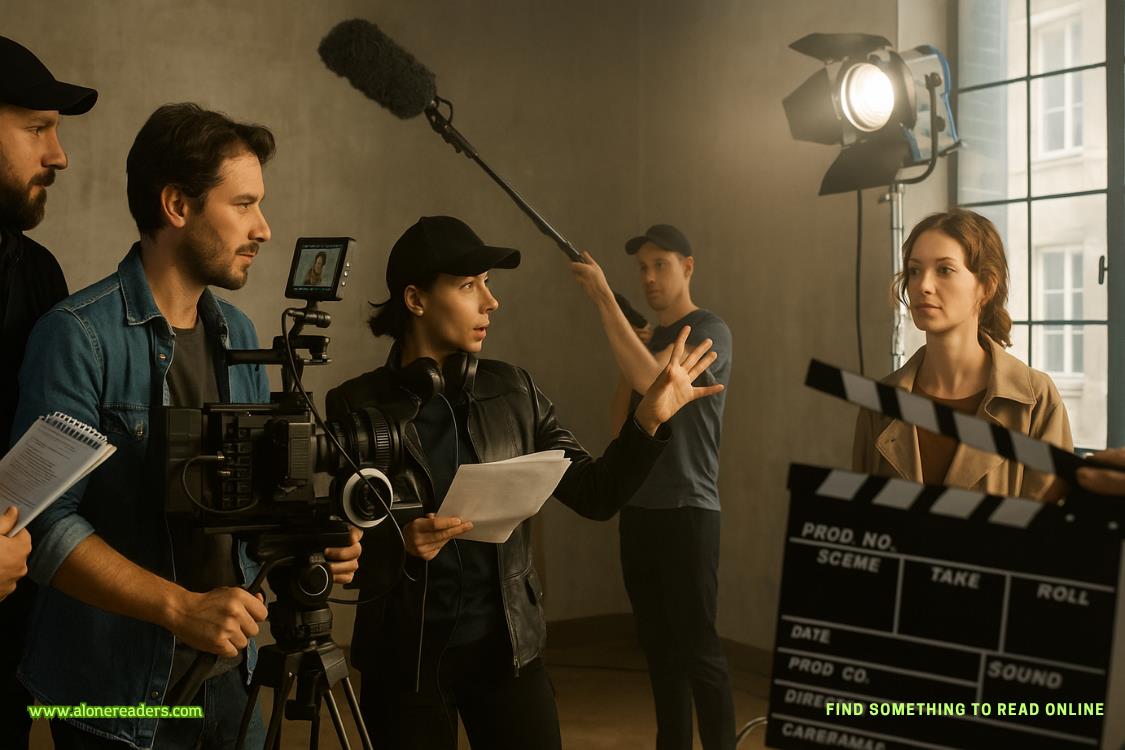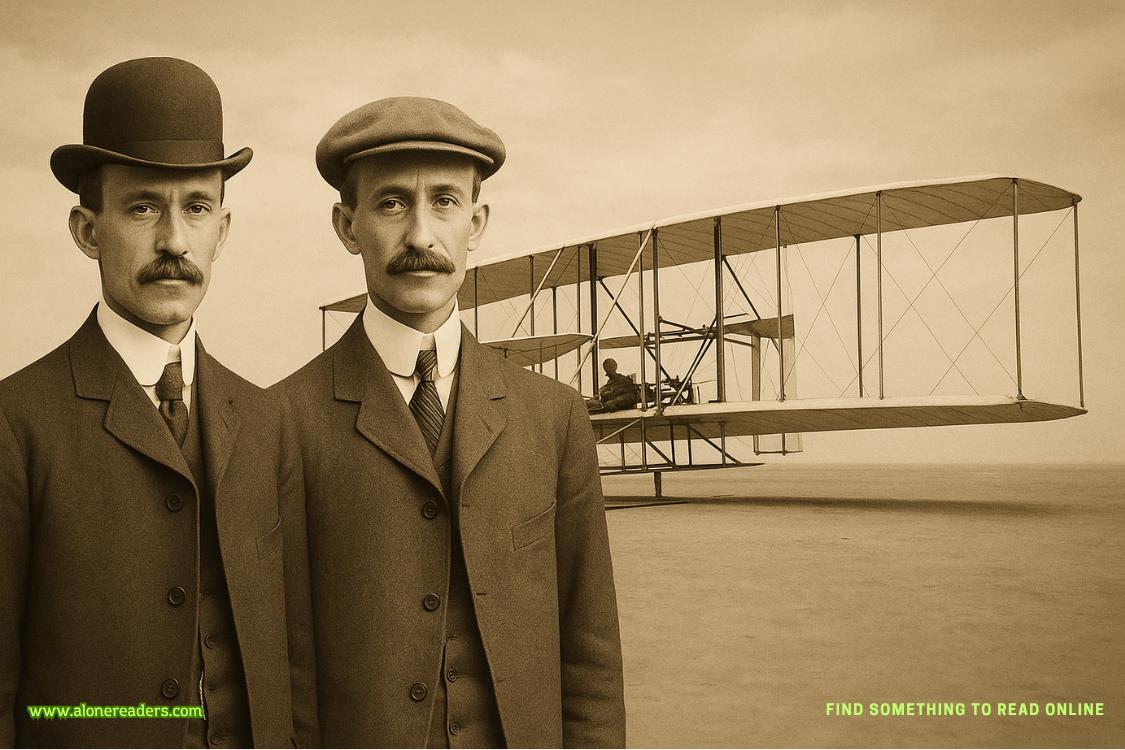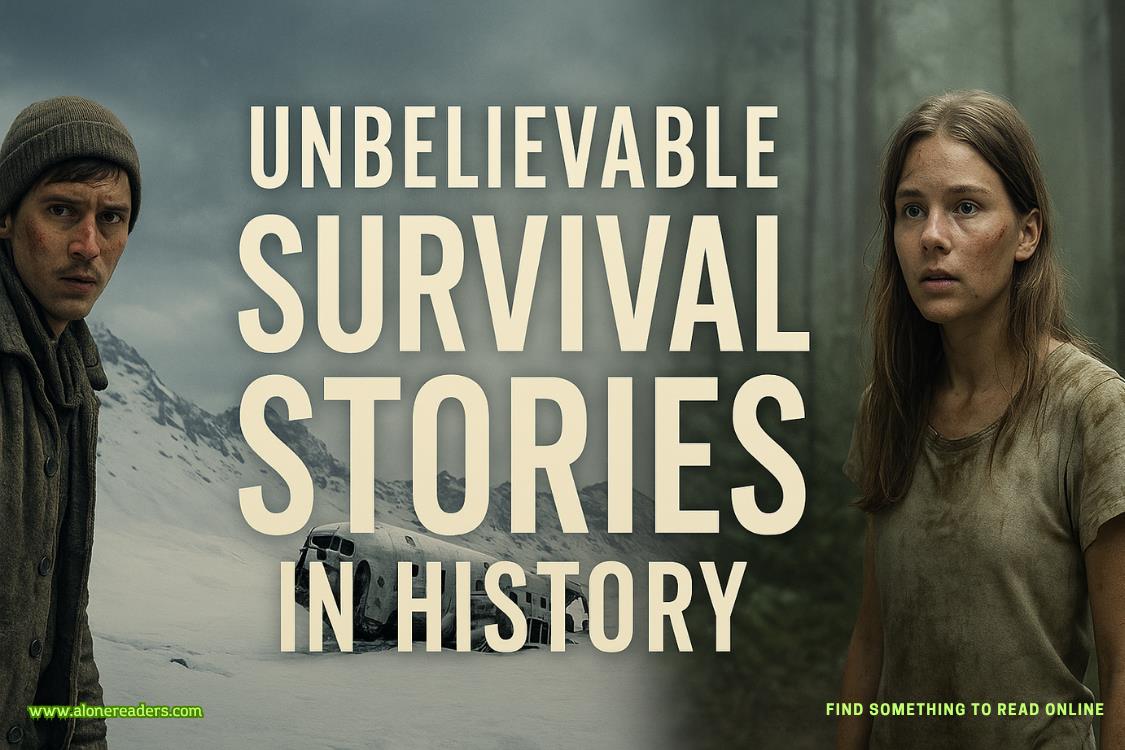The other thing I noticed about the park was that it was old. The asphalt pads for the RVs were crumbling, and the trash cans were rusty and dented. There wasn’t any litter on the ground, and the landscaping all looked neat and maintained, but you couldn’t look at this place and not know it had a lot of years behind it. That made sense; Hastings Rock’s boom as a tourist town was a relatively recent phenomenon. Land values had skyrocketed, and the town’s focus had shifted to providing lodging and food and entertainment for visitors. An RV park wasn’t an efficient use of all this real estate, and I wondered how much the land would be worth now if the owner decided to sell. Then I remembered the owner was dead.
I spotted two sheriff’s cruisers outside the RV park’s office—a single-story building with a fieldstone foundation and shake siding, everything painted tan with green trim. On one side, a curving wall of glass blocks reinforced my sense that the park had been built a while ago. You just didn’t see enough glass-block walls these days, let alone curved ones.
Thinking inconspicuous thoughts, I rolled past the cruisers. I didn’t have an address for Keme’s mom, so I had the vague idea that I’d drive around to get a sense of the park’s layout and then start knocking on doors. Then, on a camper across from the park office, I saw a sign that said COLLSON. It was done in Sharpie on copy paper, and something about how it had been taped onto the door—lots and lots of tape—suggested, to my writer’s imagination anyway, passive-aggressive defiance.
I passed the pad, turned at the next corner, and parked the Pilot behind a dense wall of yew. Then I trekked back. In my mind, I’d expected the RV park to be full of, well, RVs—ginormous houses-on-wheels that cost somewhere in the six figures and were driven by men who liked to wear fishing vests as a fashion statement. But that wasn’t the case. Plenty of the pads were occupied by pull-behind travel trailers, and plenty ofthesestill looked like they might cost more than a college education.
Keme’s mom, on the other hand, lived in a camper that looked like it cost less than a used car. It was white with brown accents, and the paint was bubbling up around the doors and windows. The slide-out on one side looked a little, um, precipitous, and the tires were flat. Scratch that. The tires looked like they’d gone flat years ago and then slowly disintegrated until now it looked like the little camper had fused with the pad itself. I did a quick walk-around. Rust snaked down from the ladder on the back, and a decomposing black hose ran from underneath the camper to what I guessed was a septic tank. Water and electric hookups completed the operation. The blinds were down in the windows, and the aluminum slats were bent in places, but someone had gone to the effort of decorating the glass with vinyl clings—pumpkins and spider webs and friendly ghosts. Through the camper’s thin shell, the sounds of daytime television were clear. Somebody was watchingThe Price is Right.
I knocked on the door. There was a lull, and then the camper rocked slightly as steps moved toward me. The door opened, and a woman stood there.
She was White, petite, and young—maybe in her thirties, but if so, she had great genes. Dark, wavy hair fell to her shoulders, and she had wide-set hazel eyes complemented by high cheekbones and a full mouth. Her dress called to mind a lot of adjectives I’d heard but wasn’t exactly sure of—smocked was one, and off-the-shoulder was another, and maybe something about poet sleeves? She wore suede clogs, and standing there,she reminded me of a Disney princess who had fallen on hard times.
Her smile was automatic but still warm. “May I help you?”
“Yeah, hi. I’m Dash Dane. I’m looking for Keme Collson. Well, Keme’s mom, actually.”
“I’m Keme’s mom.”
I like to think I’m quick on my feet, but…yeah. First, the words didn’t make sense. Then I tried doing the math. I mean, it was possible. But how young had she been?
“Who is it?” a man called from inside the camper.
“He said his name’s Dash,” Keme’s mom answered.
“Well, what does he want? You’re letting the cold in.”
“Can I help you?”
I was still recalibrating, so I said, “I wanted to ask you a few questions if you have a minute.”
“He wants to ask me some questions,” the woman said over her shoulder.
“About what?”
“About Keme,” I said loudly enough to carry.
“Is he police?”
“I’m attached to the sheriff’s office,” I said. Which wasn’t exactly a lie. I mean, I was attached topartof the sheriff’s office—that part being Bobby.
A television audience cheered. The breeze shifted, and I could smell the lodgepole pine and the char of the park grills and the clean, crisp air of autumn.
“All right,” the man said.
“Won’t you come in?” Keme’s mom asked.
I followed her inside—which took about two steps. Somehow, the camper’s interior felt even smaller than the outside had suggested. It probably had something to do with the fact that this one had the same design aesthetic as the few other RVs and travel trailers I’d been in: “Dad’s man cave” meets“Mary Poppins’s valise.” There was a built-in sofa, a kitchenette with a three-quarters fridge, and the slide-out dinette, which I guessed doubled as a bed at night when you put the table down. A TV was mounted on a swing arm overhead, and sure enough, Drew Carey and some lovely ladies were showing contestants a new car. Two doors led off the cramped space; one stood open to reveal double bunks (literally that’s all—you opened the door and climbed right into a weirdly octagonal bed). The other, I guessed, was the bathroom. Patchouli and the smell of warm bodies in a closed-up room were overpowering.
A man was sprawled on the sofa. White, probably my height, and around my age. He was shirtless and barefoot, dressed in nothing but a pair of jeans that rode low enough to give a glimpse of, uh, the melons (and to tell me underwear was not a priority with this guy). He was one of those guys who would probably be flat-bellied and slim-hipped forever, no matter how many beers he drank or nachos he ate. His dark hair was long enough to cover his ears, shaggily parted on one side, and he had a soft, boyish face. He made me think of one of those kids fromThe Suite Lifewho’d grown up rough. His eyes flicked to me and then back to the television.
“Right over here,” the woman said.
We squeezed past the man on the sofa and onto the dinette benches, and our knees bumped under the table. Up close, with more time to study her, I decided she wasn’t just pretty—she was beautiful. Keme was a good-looking young man, and it was clear where some of that had come from.
“I’m sorry,” I said, “I don’t know your name.”
“September. September Collson. You’re with the sheriff’s office?”















